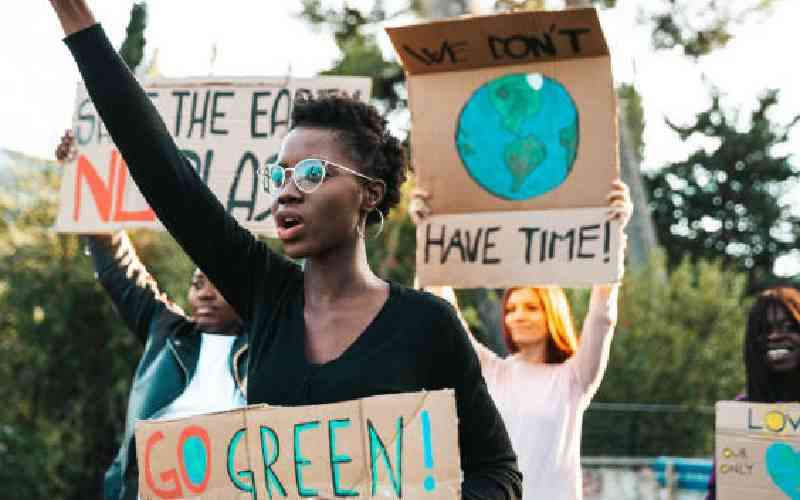×
The Standard e-Paper
Kenya's Bold Newspaper

Audio By Vocalize

Africa's vast beautiful landscapes and unique wildlife are not just there for aesthetic value but are critical in ecological balance and climate regulation. The natural resources directly feed tourism and agriculture.
